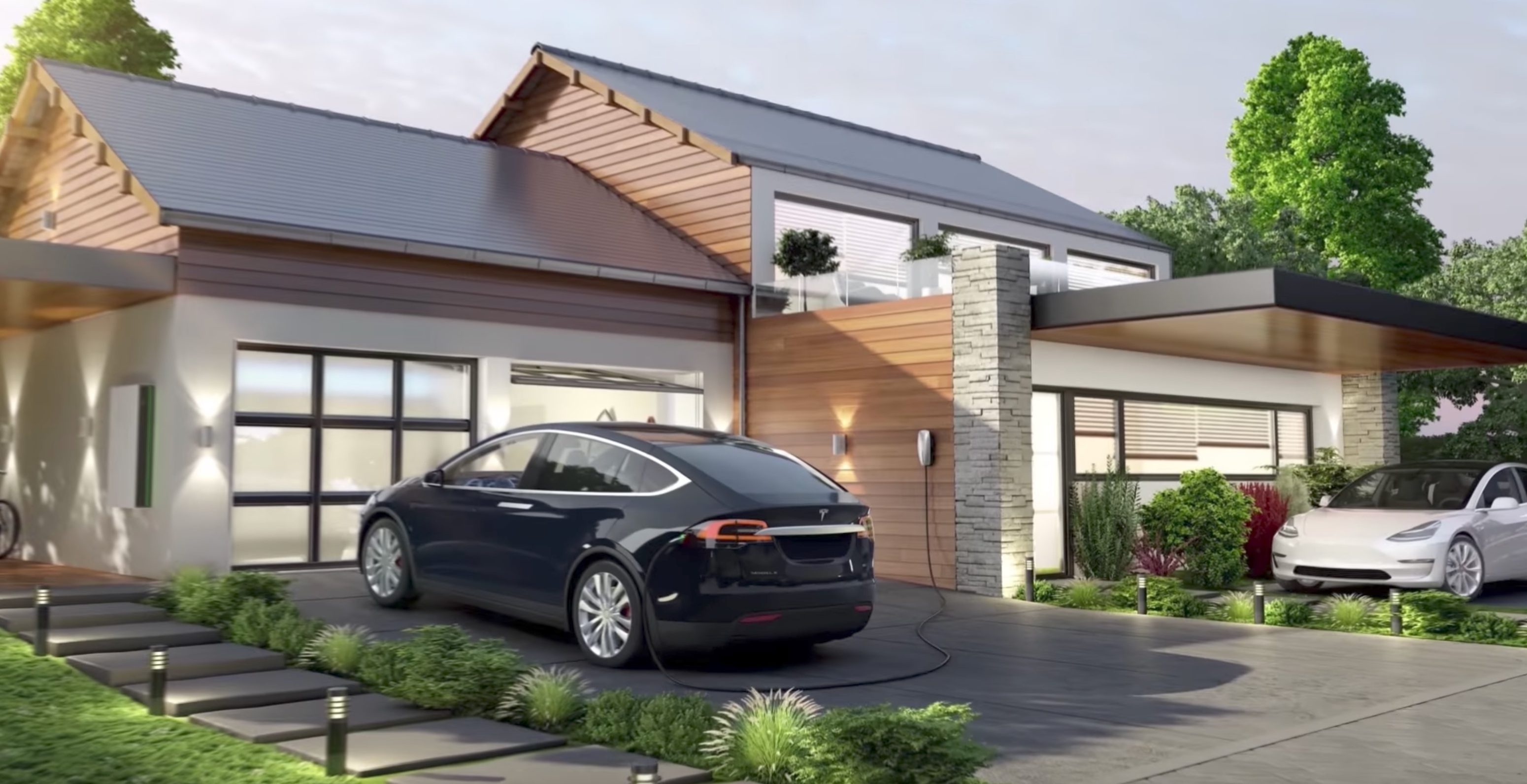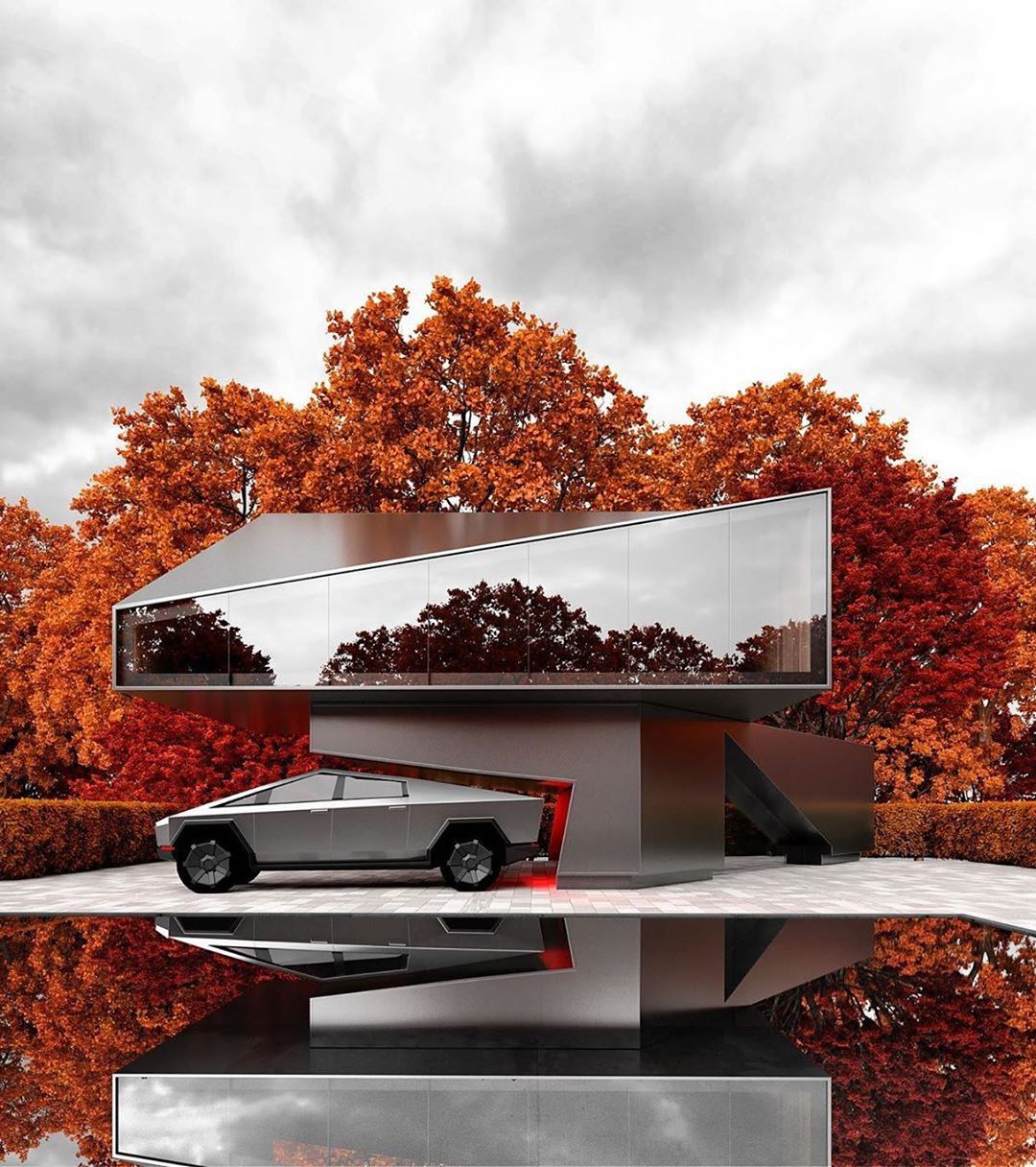Tesla Homes With Green Technology Newly Released $10,000 Tiny House
Tesla Homes With Integrated Energy Solutions House That Comes With A Battery
Tiny home dwelling provides a unique different to conventional housing but is fraught with legal concerns that owners must fastidiously navigate. Understanding zoning laws is a fundamental side of this lifestyle. Different jurisdictions have their very own laws governing land use, which immediately have an result on where you can place a tiny home. Some areas could allow tiny homes on wheels whereas others may limit them to specific zones.

Permits are one other crucial facet of the legal landscape surrounding tiny homes. Applying for the best permits is important for guaranteeing your house is compliant with native building codes. This can include zoning permits, building permits, and even occupancy permits, depending on your locality. Without these approvals, householders threat dealing with fines or being ordered to take away their homes.
Building codes additionally pose vital challenges. Many areas adhere to specific codes that dictate the minimal measurement and building requirements for homes. Tiny homes often don’t meet these necessities, which might lead to problems. It’s very important to analysis and understand these codes before starting development or transferring into a tiny home.
Insurance is another pertinent issue in tiny home living. Many normal home-owner's insurance coverage insurance policies don't cowl tiny homes, especially if they're on wheels. Finding specialised insurance providers who understand the distinctive attributes of tiny homes can be a difficult process. Homeowners should prioritize securing adequate insurance coverage to guard themselves from potential liabilities.
Tesla Homes With Solar Panels Home For Sustainable Living
Financing options for tiny homes may additionally be restricted. Traditional mortgage lenders are sometimes hesitant to finance non-conventional homes. Many people resort to private loans or different financing options. Understanding how financing works inside the tiny home framework is critical for anyone trying to make this life-style sustainable.
Property taxes may significantly differ based mostly on the dimensions and nature of the home. Tiny home homeowners should examine how their funding shall be taxed of their particular jurisdiction. Some regions may assess taxes in one other way for smaller homes or homes on wheels. This can characterize a surprising further cost for many who may have assumed in any other case.
Homeowner associations can complicate tiny home dwelling as well. If you plan to park your tiny home in a group or neighborhood with an HOA, checking the association's guidelines and laws is important. Some associations have strict guidelines towards tiny homes, while others may allow them beneath certain circumstances.
Tesla Homes With Solar And Wind Power Home For Sustainable Living
Utilities and waste management are essential elements that require legal consideration. Establishing connections to water, sewer, and electrical energy can generally violate local laws. Many jurisdictions have stringent rules surrounding waste disposal and utility connections, requiring innovative solutions for tiny home dwellers.
Another issue to consider is the resale worth of tiny homes. While they could be an economical choice initially, promoting a tiny home can coincide with authorized hurdles. Potential consumers could face the identical zoning and building code regulations, which may complicate resale values and marketability.
Environmental laws can also play a task in tiny home living. In many locations, there are legal guidelines pertaining to the footprint of homes and their impression on local ecosystems (Tesla Homes For Modern, Eco-Living). Homeowners have to be aware of these rules to keep away from authorized entanglements associated to environmental issues.
Navigating the authorized waters surrounding tiny home living could be overwhelming, but thorough analysis can provide readability. It's essential to seek the guidance of experts in zoning laws, constructing codes, and property regulations to avoid frequent pitfalls. Connecting with the tiny home neighborhood can also provide invaluable insights and experiences.
Tesla Homes With Complete Energy Solutions Museum Dedicated To Inventor's Legacy
In conclusion, the journey to tiny home dwelling involves many authorized concerns that shouldn't be overlooked. Each choice made can have lasting implications if the rules are not properly adhered to. Understanding and navigating these legal frameworks can help people obtain the liberty and lifestyle they seek. Embracing tiny home living could be rewarding when one is knowledgeable and prepared for the challenges that lie ahead - Tesla Homes With Advanced Energy Storage.
- Local zoning laws could prohibit tiny homes or require particular permits for placement, so it’s essential to research municipal laws earlier than initiating any development or relocation.
- Building codes vary significantly by region; guaranteeing compliance with safety and building requirements is essential to avoid fines or authorized action.
Tesla Tiny Homes Powered By Solar House That Comes With A Battery
- Tiny homes on wheels could additionally be classified as RVs in some jurisdictions, influencing laws relating to residency and occupancy limits.
- Property taxes for tiny homes differ from conventional homes relying on local government assessments, which can impact general residing bills.
- Homeowners associations (HOAs) might impose their own rules relating to tiny homes, together with restrictions on aesthetics and occupancy, necessitating careful evaluation of group tips.
Tesla Homes With Solar Power Storage Video Shows Fire During Flooding Conditions
- Insurance for tiny homes can current distinctive challenges; reviewing obtainable choices and making certain sufficient coverage towards liability and property harm is crucial.
- Utility connections for water, sewage, and electrical energy must adhere to native regulations, and establishing authorized access can require additional permissions.
- Lease agreements for land on which a tiny home is placed must be reviewed rigorously to ensure tenant rights and property use are adequately protected.
Tesla Homes With Complete Energy Solutions Fire Incident During Flooding Event
- Environmental laws can dictate the place tiny homes can be located, particularly in protected areas or close to water bodies, influencing site selection.
- Legal ownership requires clear documentation, including titles for manufactured homes or more information proof of building for customized builds, to safeguard towards potential disputes.
What zoning legal guidelines apply to tiny homes?
Zoning laws differ tremendously by location, but many areas have particular rules that govern where tiny homes could be placed. It's crucial to examine local zoning codes to determine if tiny homes are permitted in your area, and beneath what circumstances - Tesla Homes With Integrated Energy Solutions.
Can I place a tiny home on my property?
Tesla Energy-Efficient Homes Video Shows Fire During Flooding Conditions
Whether you can place a tiny home on your property is decided by local regulations, zoning legal guidelines, and constructing codes. Some areas could permit tiny homes as accessory dwelling items (ADUs) or visitor houses, while others may have restrictions that prohibit them altogether.
Do tiny homes have to fulfill constructing codes?
Tesla Homes With Solar And Battery Technology House Fire Reported After Heavy Rain

Yes, tiny homes typically need to fulfill sure building codes specific to the region where they are located. Compliance with these codes ensures safety and habitability. It's essential to consult with native authorities to understand the applicable codes for tiny homes.
Are tiny homes thought-about mobile homes?

The classification is determined by the precise features of the tiny home. If a tiny home is built on a trailer and designed for mobility, it might be classified as a cell home or leisure vehicle (RV). However, if it’s completely anchored to a basis, it might be considered a conventional dwelling.
What permits do I need to build or place a tiny home?
Tesla Homes With Powerwall House On Fire During Hurricane Event
Building or inserting a tiny home usually requires several permits, which can embody building permits, zoning permits, and in some cases, septic permits or different environmental assessments. Contact your local planning department to search out out what specific permits are needed.
Is it legal to reside full-time in a this hyperlink tiny home?
Living full-time in a tiny house is legal in some areas, while others could have restrictions. It's essential to confirm local legal guidelines and rules to make sure that full-time residency in a tiny house is permitted on the chosen property.
Tesla Homes For Modern Living Modern Open Concept House Design
What utilities are required for tiny homes?
Tiny homes usually require entry to important utilities corresponding to water, electrical energy, and sewage disposal. Depending on local rules, you might need to arrange for connections to municipal services or explore different options like composting bathrooms and solar energy.
Tesla Tiny Homes For Sale Tours Available At Power Station Facility
Can tiny homes be financed or insured?
Financing and insuring tiny homes may be challenging because of their distinctive classification and measurement. Some lenders offer particular loans for tiny homes, while many householders turn to non-public loans or RV financing choices. For insurance coverage, specialized tiny home insurance policies could also be available.
Are there any restrictions on tiny home communities?
Tiny home communities might have their very own set of rules and laws, including occupancy limits and design standards. It's important to evaluate these guidelines to ensure compliance before transferring into or purchasing a unit within a group.